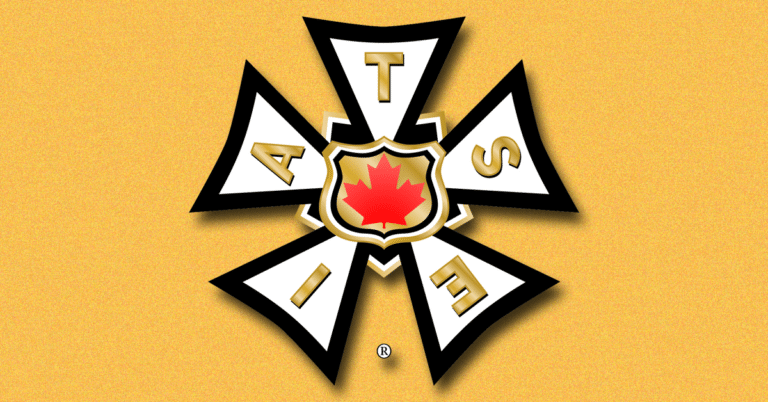Detailed Protocols Grounded in Latest Science From Foremost Epidemiologists and Experts
Los Angeles — In the next major step toward the resumption of film and television production, the Directors Guild of America (DGA), International Alliance of Theatrical Stage Employees (IATSE), International Brotherhood of Teamsters (IBT) and the Basic Crafts, and Screen Actors Guild-American Federation of Television and Radio Artists (SAG-AFTRA) today released “The Safe Way Forward,” a Multi-Union Report on Covid-19 Safety Guidelines. The Guidelines set forth a detailed set of science-based protocols serving as a path for Employers to uphold their responsibility of providing safe workplaces in a pre-vaccine, Covid-19 world. The Guidelines serve as an essential and necessary element of a return to work for the Unions and Guilds representing film and television casts and crews.
Developed jointly by the Unions and Guilds in consultation with leading epidemiologists and experts, the Guidelines are a follow-up to the Industry White Paper[1] recently delivered to the Governors of New York and California, and other state governments. While the White Paper offered a foundation for the appropriate state agencies to examine the resumption of production, and provides guidance Employers must follow to provide a safe working environment, it expressly contemplated that specific protocols regarding mandatory testing, personal protective equipment (PPE), and department-specific procedures would be the subject of further discussions and agreement between the producers and the unions. Today’s Guidelines announced by the Unions and Guilds set forth key components of those detailed protocols.
The Unions and Guilds worked in close coordination with one another as they consulted with an array of experts ranging from preeminent epidemiologists and scientists to risk analysts and specialists in public health and occupational health and safety. By delving into up-to-the minute medical expertise, the science of Covid-19 transmission, and the unique risk factors their members would be confronted with in the production environment, the group developed tailored protocols to protect cast and crew. A central focus is the protection of performers, who are among the most vulnerable on set given they are not always able to observe physical distancing or wear personal protective equipment (PPE) when cameras are rolling.
Testing is the Key to the Resumption of Production
The Unions and Guilds quickly determined that a comprehensive, mandatory testing regimen would need to be the cornerstone of a safe return to production in a pre-vaccine landscape. Without testing, the entire cast and crew would be working in an environment of unknown risk. Confirmed cases would be determined days after people have been shedding the virus – potentially endangering the health of cast and crew members. Moreover, they could lead to the quarantining of others on set, and should those individuals include a key actor or director, to production delays or even a production shutdown. Not to mention the public health implications associated with cast and crew members interacting with the public and going home to their families.
Testing Frequency and the Zone System
The Guidelines lay out that:
Every member of the cast and crew be tested for active Covid-19 infection before their first day of work to ensure they are not shedding the virus. Cast and crew members will then be subject to regular testing protocols during the course of their work on the production.
Given that performers are uniquely vulnerable for the reasons described above, the Guidelines require a higher testing frequency of at least three times a week at minimum for them as well as those with whom they come into close contact.
Individuals who work in areas like the production office – where physical distancing and PPE can be utilized – can be tested less frequently, at a minimum of once a week. Other variables impacting testing frequency include the prevalence of the virus in a given community, and the rate that the infection is being spread[2].
In order to ensure these different sections of the production environment are tightly controlled, the Guidelines require the implementation of a specialized “Zone” system laying out barriers within which those on set can flow based on proximity to cast, level of testing, PPE and the extent to which physical distancing can be observed in the performance of their work. Cast and those with whom they come into frequent contact would be grouped in Zone A, while other individuals on set would be grouped in Zone B. The Zone system is the structure and foundation around which all on-set Covid-19 safety decisions should be engineered. A detailed tour of the inner-workings of the Zone system is included in the Guidelines.
New Health and Safety On-Set Positions
To execute testing and the Zone System, the Guidelines require the creation and staffing of two new positions/departments with authority to oversee the production to ensure the Guidelines are being followed, and to take immediate action to correct any unsafe practices or conditions:
A Health Safety Supervisor (HSS) (referred to in the Industry White Paper as the “Covid-19 Compliance Officer”) would be in charge of the testing process, hire and coordinate the necessary Covid-19 medical staff, and be responsible for related health safety for the production. The HSS has the authority to pause the production in event that a breach threatens the health of the cast or the crew.
There would also be a Health Safety Department, with a Manager and staff. The Health Safety Unit Manager (HSM) would oversee the execution of HSS directives in conjunction with the directors’ team, and other relevant department heads.
The full set of Guidelines, and a listing of the experts consulted by the Unions and Guilds, can be found here. The document will be updated with further specific safety protocols from IATSE locals, SAG-AFTRA, Teamsters and the Basic Craft Unions as they are developed.
Thomas Schlamme
President, Directors Guild of America
“Safely getting back to our work of storytelling, and reuniting with our creative community is at the top of all our minds. But in these fast-changing times amid such a complicated virus, figuring out how to get that done right was no easy task. We knew the only way forward was to consult with leading medical experts and let science guide us to the right approach for our unique work environments. It was only through that Herculean process, and our close coordination with our sister guilds and unions, that we were able to develop the most effective solutions to keep all of our members safe. At the DGA, this was many weeks of hard work and we are eternally indebted to our Covid-19 Safety Committee led by Steven Soderbergh who so intimately understands the complex issues at hand. Through the dedication of everyone involved, we are all that much closer to being able to get back to telling stories together.”
Gabrielle Carteris
President, Screen Actors Guild-American Federation of Television and Radio Artists
“We’re pleased to share this crucial report which includes meaningful protocols and requirements for a safer return to work. We commend each of our union and guild partners for their diligence, determination and hard work throughout this collaborative and productive process. The report reflects our shared goal of ensuring the safest possible return to production for all of our members throughout the entertainment and media industry.”
Matthew D. Loeb, International President, International Alliance of Theatrical Stage Employees
“These steps are key in our efforts to safely reopen the Motion Picture and Television Production Industry, and they would not have been possible without the collaboration between the other guilds and unions. We look forward to continuing to work with the industry and our local unions on getting our members back to work the right way.”
Thomas J. O’Donnell
Director, Teamsters Motion Picture & Theatrical Trade Division
&
Steve Dayan
Chairman of the Hollywood Basic Crafts Unions
“On behalf of the International Brotherhood of Teamsters and the Hollywood Basic Crafts Unions, we are grateful for the collective and collaborative process that took place between all of our Sister Guilds and Unions, in developing these guidelines. We will be continuing discussions with our Members and committees to finalize our own internal protocols and procedures that will best support our Members within all of the classifications we represent, in order to bring our Members safely back to work.”
[1] The White Paper was developed by the Industry-Wide Labor-Management Safety Committee Task Force consisting of the Unions named here, together with the Alliance of Motion Picture and Television Producers (AMPTP).
[2] Additional factors to be accounted for include testing availability and the need for rapid results. It is expected that these issues will be resolved in the near future, and can be scaled to the needs of production.











